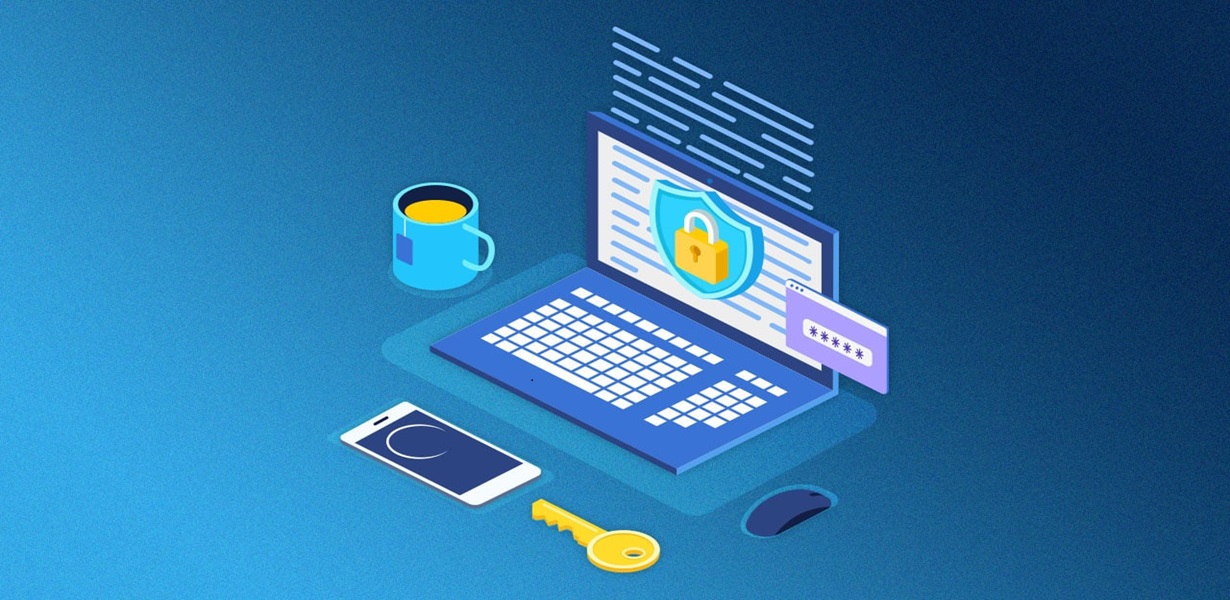
In the era of digital nomads and globetrotting geeks, staying connected while traveling has become a necessity. Whether you’re a jet-setter on a business trip or a wanderlust-driven traveler exploring the world, your gadgets are your lifeline. However, as you globetrot, your devices can become vulnerable to cyber threats. This comprehensive guide, tailored for tech-savvy travelers, will equip you with the knowledge and tools to safeguard your gadgets on the go.
Understanding the Threat Landscape
Before we delve into security best practices, let’s understand the threat landscape. Cybercriminals are ever-evolving, and their tactics are becoming more sophisticated. From public Wi-Fi traps to malicious software, your gadgets are constantly under threat. It’s imperative to stay one step ahead to protect your data and privacy.
Security Best Practices for Tech-Savvy Travelers
VPNs: Your Digital Shield
A Virtual Private Network (VPN) should be your travel companion. It encrypts your internet connection, making it challenging for cybercriminals to intercept your data. Choose a reputable VPN service, and always connect to it when using public Wi-Fi.
Multi-Factor Authentication (MFA): An Extra Layer of Defense
Enable MFA wherever possible, especially for your email and social media accounts. It adds an extra layer of security, requiring you to verify your identity using a secondary method, such as a one-time code sent to your mobile device.
Keep Your Devices Updated
Regularly update your devices and software. These updates often include security patches that address vulnerabilities. Ignoring them can leave your gadgets exposed.
Secure Your Smartphone
Your smartphone is a goldmine of personal information. Set a strong passcode or use biometric authentication like fingerprint or facial recognition. Install a trusted mobile security app to protect against malware.
Be Wary of Public Wi-Fi
Public Wi-Fi networks are a hunting ground for hackers. Avoid sensitive transactions on these networks. If necessary, use your VPN for an added layer of security. Always connect to legitimate networks.
Data Backup: Plan for the Worst
Before you travel, back up your data to the cloud or an external hard drive. In case your device is lost or compromised, you won’t lose irreplaceable data.
Secure Your Connections
When connecting to a personal hotspot or Wi-Fi, ensure it’s password-protected. Cybercriminals often set up rogue hotspots with similar names to lure unsuspecting travelers.
Use Encrypted Messaging Apps
When communicating, use encrypted messaging apps like Signal or WhatsApp. These apps ensure end-to-end encryption, making it difficult for eavesdroppers to intercept your messages.
Device Tracking and Remote Wipe
Activate device tracking and remote wipe features on your devices. In case of theft, you can track your device’s location or erase your data remotely.
Awareness and Education
Stay informed about the latest cybersecurity threats and trends. Cybersecurity awareness can help you recognize and avoid potential risks.
Final Words
In an age where our lives are stored on gadgets, protecting them while traveling is paramount. By following these security best practices, you can enjoy your journeys worry-free, knowing that your digital world is secure. Remember, the key to cybersecurity is vigilance and staying one step ahead of cyber threats.
Commonly Asked Questions
1. Is it safe to use public Wi-Fi while traveling?
Using public Wi-Fi can be risky. It’s essential to take precautions, like using a VPN and avoiding sensitive transactions.
2. How can I protect my smartphone from cyber threats?
Set strong passcodes, install a trusted mobile security app, and be cautious about the apps you download.
3. Why is multi-factor authentication (MFA) important for travelers?
MFA adds an extra layer of security, making it harder for unauthorized users to access your accounts.
4. What should I do if I lose my device while traveling?
If your device is lost or stolen, use device tracking features or remote wipe to protect your data.
5. What’s the most important tip for tech-savvy travelers?
Stay informed and aware of cybersecurity threats. Knowledge is your best defense against cyber threats.
Advertisement







